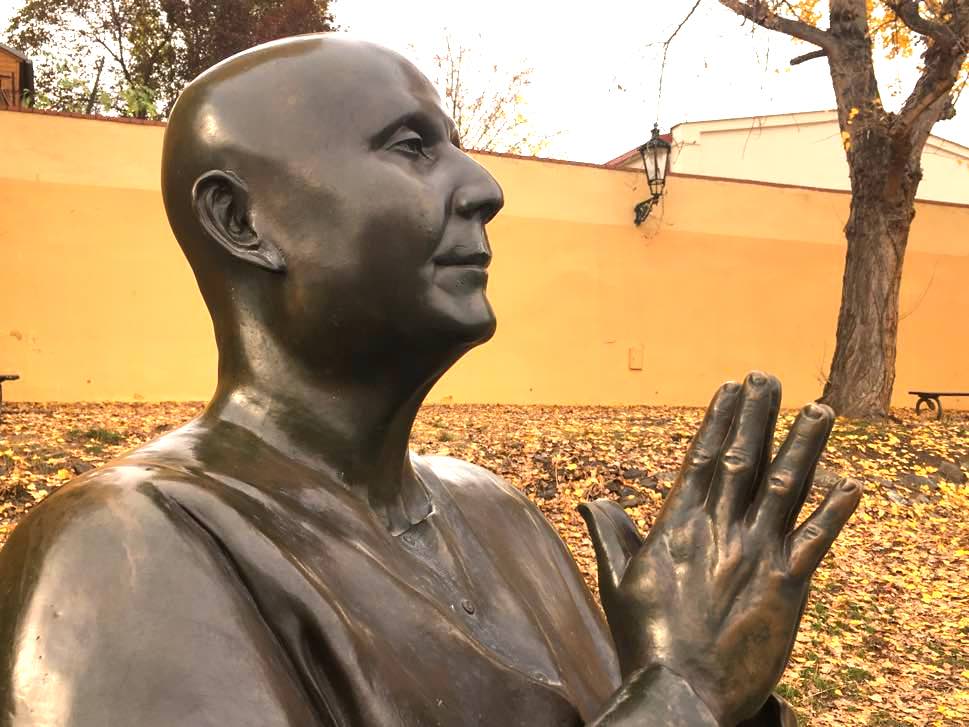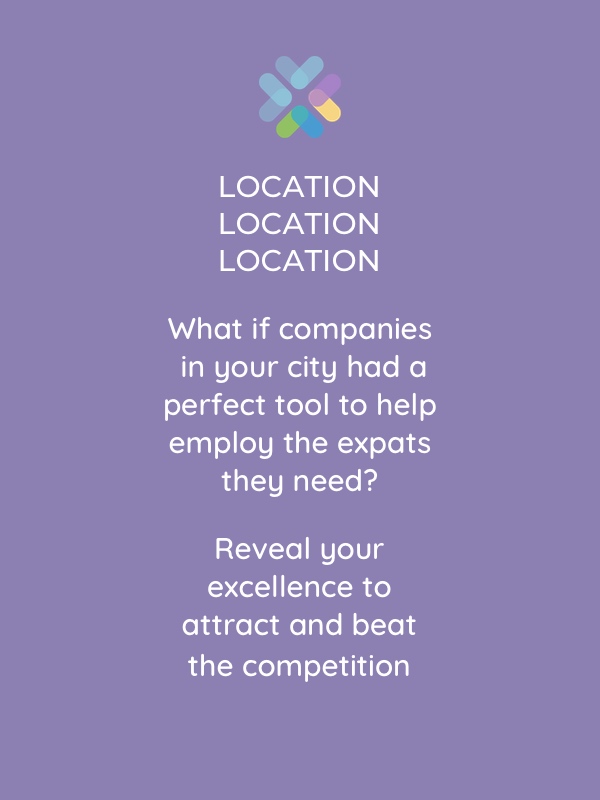Experiences
FINANCIAL TRAP

After visiting Germany for my company for a second lengthy period of troubleshooting, I was requested to stay to work permanently in Düsseldorf. New contracts were signed and life continued until one day I was asked to give more details about my personal circumstances.
My employers wished to know which church I belonged to. I enquired what business it was of theirs and why they were asking. To pay tax to either the Protestant or Catholic church, I’m told. I’m British. Although our head of state is also the head of the Anglican church, a separation between state and religion is respected. Donations only occur during services on Sundays or by bequest.
Not so in Germany. The vast majority of funds are transferred directly from source and each company is responsible to declare where those monies go. I stated that I am not prepared to pay church tax. I was duly told the atheist box would be ticked.
Some Helpful Instruction
I protested that I was raised Church of England and believed in God in the sense of a universal force. I was willing to debate whether religion meant the same but did not consider myself an atheist, so did not accept that choice. The impasse ensued.
The form was completed with the entry of C of E. Nothing was due, nothing paid. If Germany wished this system upon its citizens, that is fine by me. I was not prepared to be part of it. I’m sure much good comes from well over eleven billion euros annually.
This may seem trivial. However, at the time of writing, church tax amounts to nine percent in the state of North Rhine Westphalia, of which Düsseldorf is the capital. If an expat leaves the country, overpaid income tax is normally reimbursed. Church tax is not.
When entering employment in Düsseldorf or elsewhere in Germany, it may be relevant for each individual to make a conscious decision concerning this often neglected topic.
By Vincent Green, Sep 17 2021

ATTRACTING EXPATRIATES
Talented individuals make choices. Far too many cities trust that companies in their city are capable of filling vacancies from abroad. They do little to support their local expat ecosystem. Meanwhile, other locations appear more desirable and win the competition of attracting and retaining international professionals.

RETAINING EXPATRIATES
Improving the chance of companies retaining international employees in their location is a challenging task for city authorities. Life as an expat is complex. The need for balance, contented interaction and feeling at home is key. Those that underestimate the necessity to support are likely to lose valued residents.
Expat Socialising
Staying in touch and getting together with others living in a similar situation can be important. Expat groups in social media are highly valuable sources for connecting. Socialising in the new location can include expat events, international clubs and popular spots to meet other international residents. All are available on the eGuides.


